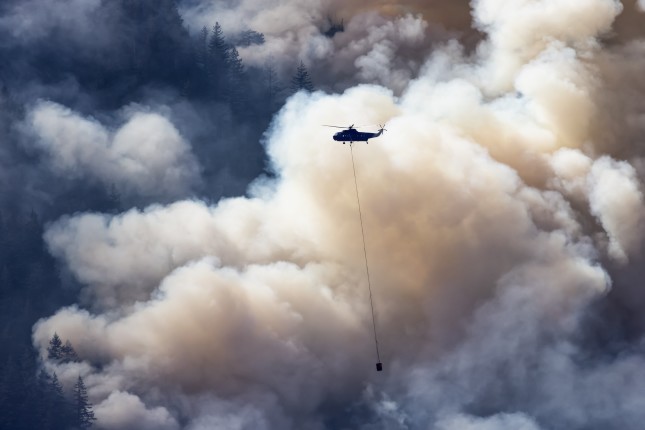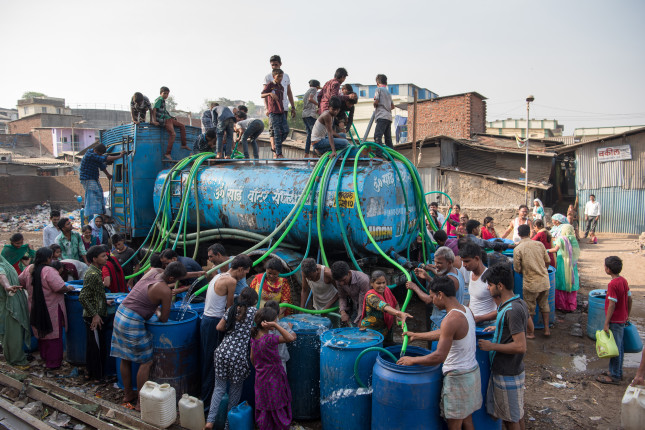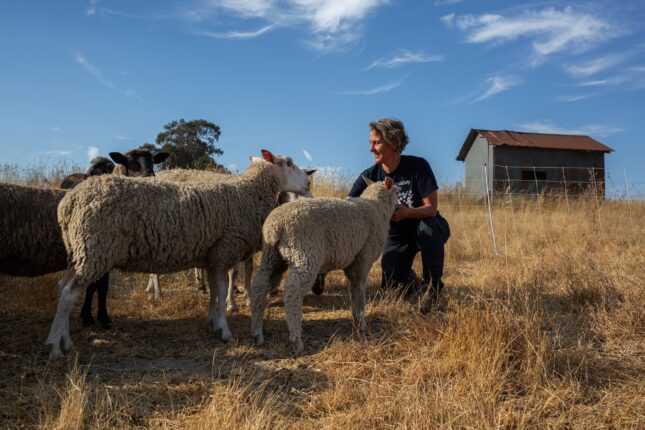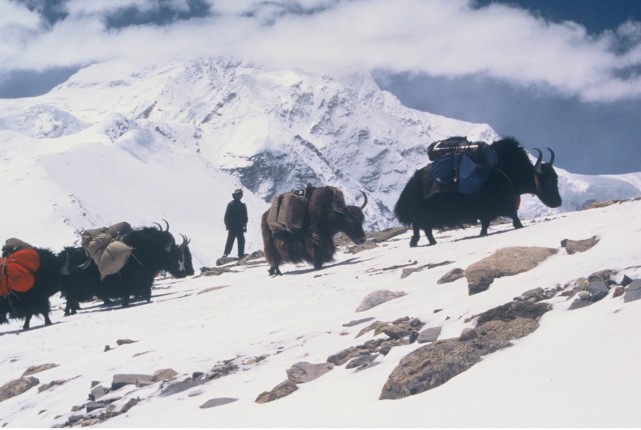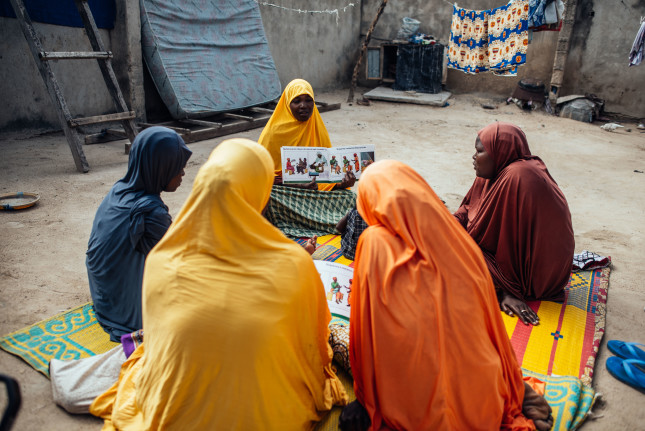-
Finding the Power to Prevent Maternal Deaths: Women Deliver 2023
›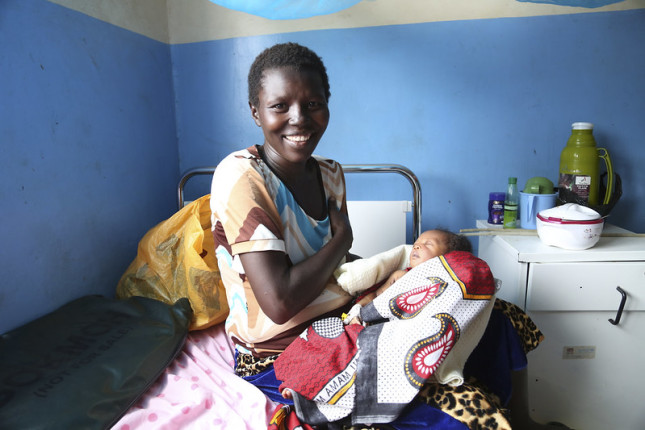
The 2023 Women Deliver Conference in Kigali, Rwanda offered participants an opportunity to think deeply about gender equality, and the urgency of this moment in making progress was evident – even at a pre-conference event hosted by the United Nations Population Fund (UNFPA): Scaling Up Actions to End Preventable Maternal Deaths: Linkages with Family Planning, Bodily Autonomy and the Health Workforce.
-
Climate Change and National Security Strategies: Assessing a Growing Trend
›
It is uncomfortably easy to find connections between environmental change and security around the globe. 2023 began with heat records in Europe, a deadly cyclone in New Zealand, and military deployments in response to forest fires ravaging Canada. An untimely early heatwave scorched Spain and endangered its agricultural production. Cyclone Mocha destroyed the livelihoods of thousands in northwestern Myanmar, and Typhoon Mawar caused “significant damage” to a terminal building on Guam’s Andersen Air Force Base.
-
Tanker Water Markets: A Path to Achieving SDG 6
›
Nearly two-thirds of the world’s population experiences some level of water scarcity—and an estimated one billion urban residents face unreliable drinking water supplies. This global water crisis not only has been recognized by the United Nations, but also prioritized for action as Sustainable Development Goal (SDG) 6: “Access to Water and Sanitation for All”.
-
Defueling California’s Wildfires with Sheep
›China Environment Forum // Cool Agriculture // Guest Contributor // August 10, 2023 // By Alastair BlandThe excited bleating of sheep crescendos as farmer Sarah Keiser approaches. “Hi babies,” she says as she steps over a deactivated electric fence and greets the eager flock. It is late July, it hasn’t rained for two months, and the hills around the town of Penngrove, in northern California, have turned a dull brown. -
ECSP Weekly Watch | July 24 – 28
›
A window into what we are reading at the Wilson Center’s Environmental Change and Security Program
Fixing the World’s Broken Food Systems
The United Nations summit on the state of the world’s food systems took place in Rome, Italy, this week, building on the work of a previous convening in 2021. The meeting focused on the environmental impact of agriculture and making food production more sustainable.
-
No Water, No Food – Glacier Loss Threatens US and Chinese Agriculture
›Picture this: A parade of yaks carrying insulated boxes containing meter-long ice core samples from Tibetan glaciers. “Yaks are like cats,” elite glacier scientist Lonnie Thompson explained in a 2023 Wilson Center webinar. They like to wander off — and it takes experienced Tibetan yak herders to keep them moving in the same direction.
Yet these yak-schlepped ice cores are essential to climate science, added Ellen Mosely Thompson. They store thousands of years of atmospheric dust and gasses in distinct layers and serve as a record of our changing climate.
-
Strengthening Community Health Systems to Improve MNH Outcomes at the Last Mile
›
Advances in reducing maternal mortality were seen all over the world in recent decades. Unfortunately, that progress now has stagnated, and immediate and decisive action is necessary to change the current trajectory.
-
Update on Russia’s Invasion of Ukraine: The View From Parliament
›
In this edition of Wilson Center NOW, Update on Russia’s Invasion of Ukraine: The View From Parliament, John Milewski, Moderator of the Wilson Center NOW series, interviews Kira Rudik, Member of Parliament of Ukraine, First Deputy Chairwoman of the Parliament Committee on Digital Transformation, Leader of the Golos Liberal Political Party, and Vice-President of the Alliance of Liberals and Democrats for Europe (ALDE). Rudik has spoken with the Wilson Center twice before, as the onset of the war and at its one-year anniversary. This NOW interview centers on updates on the war, the role of government and allies, and the continued resolve of the Ukrainian people.
Showing posts from category *Main.


